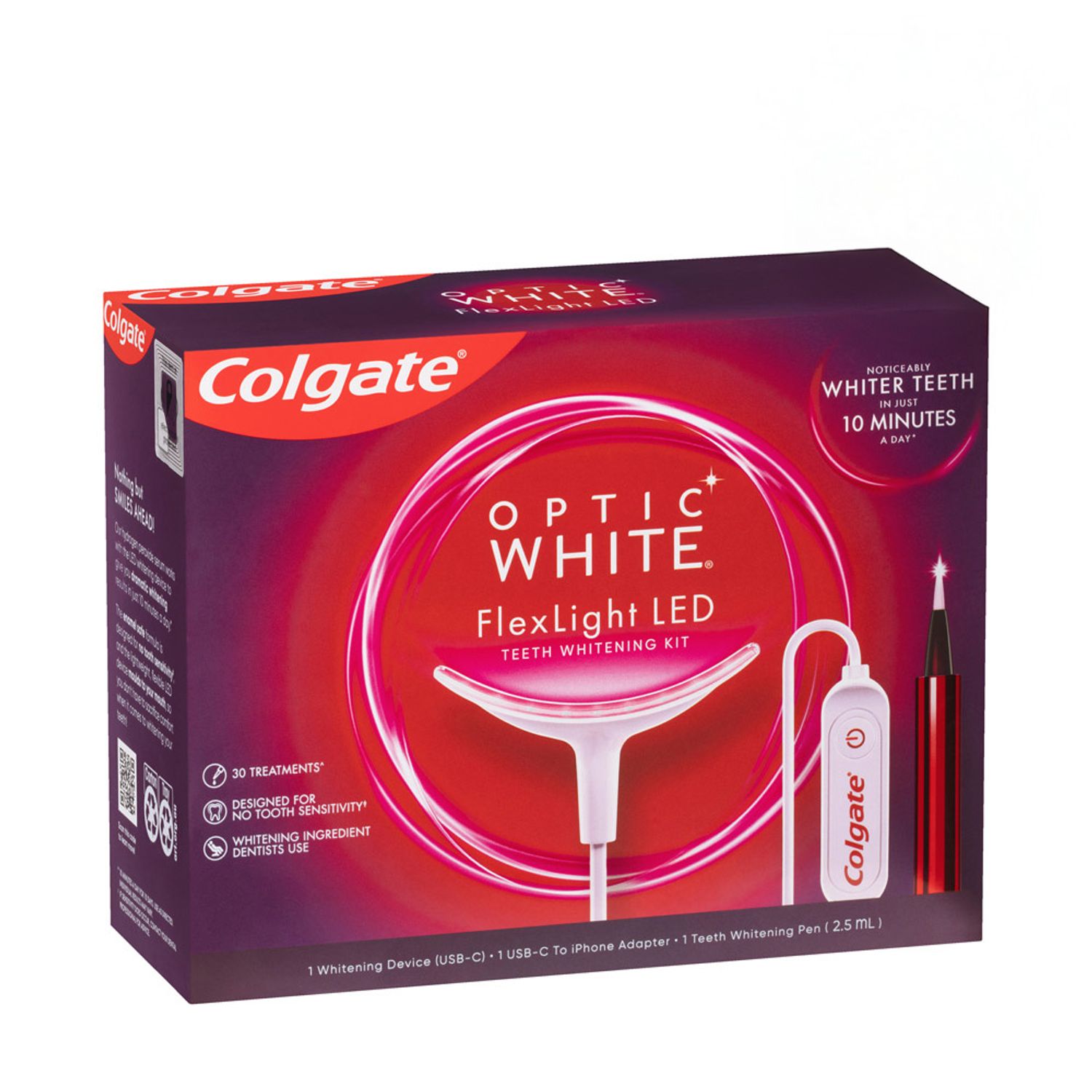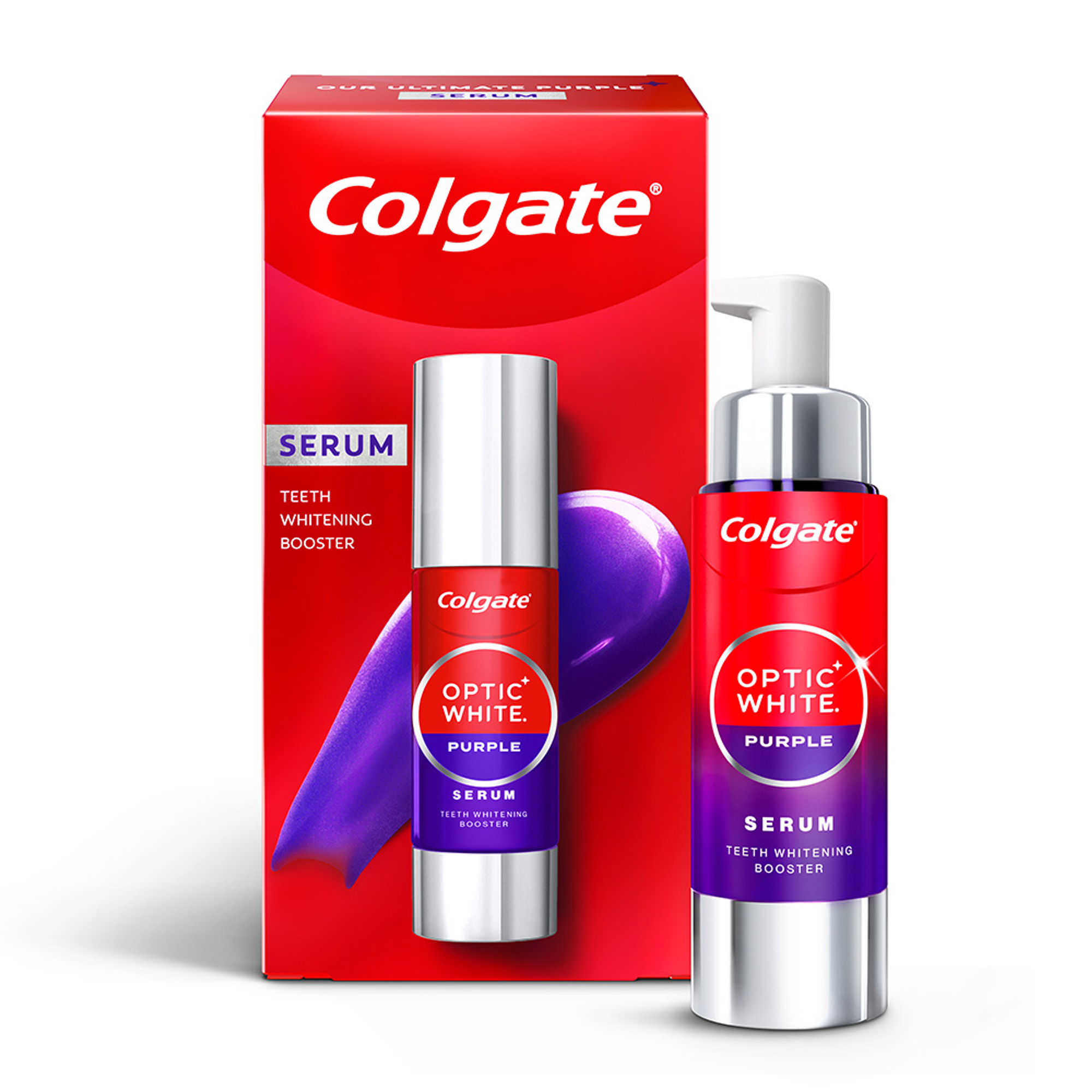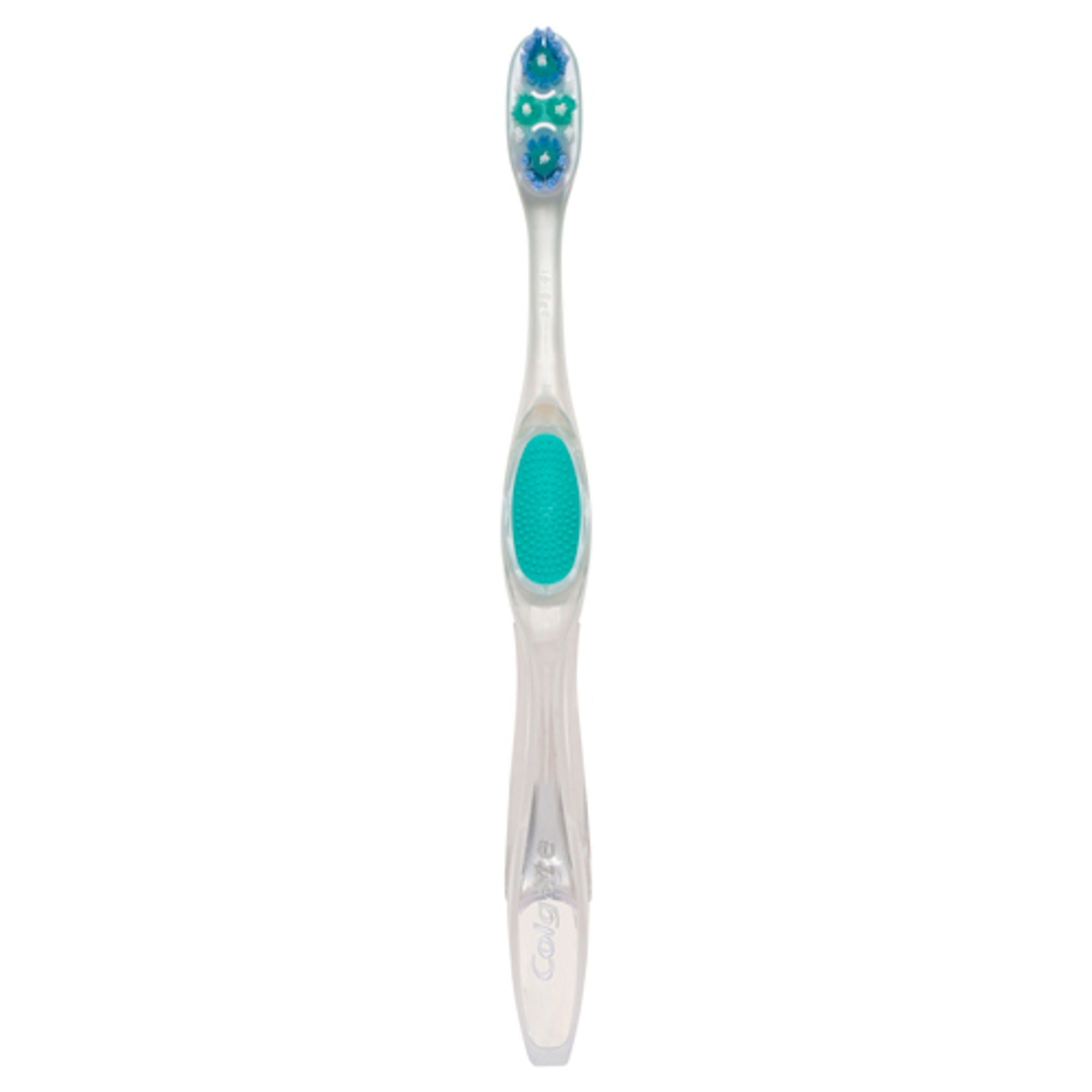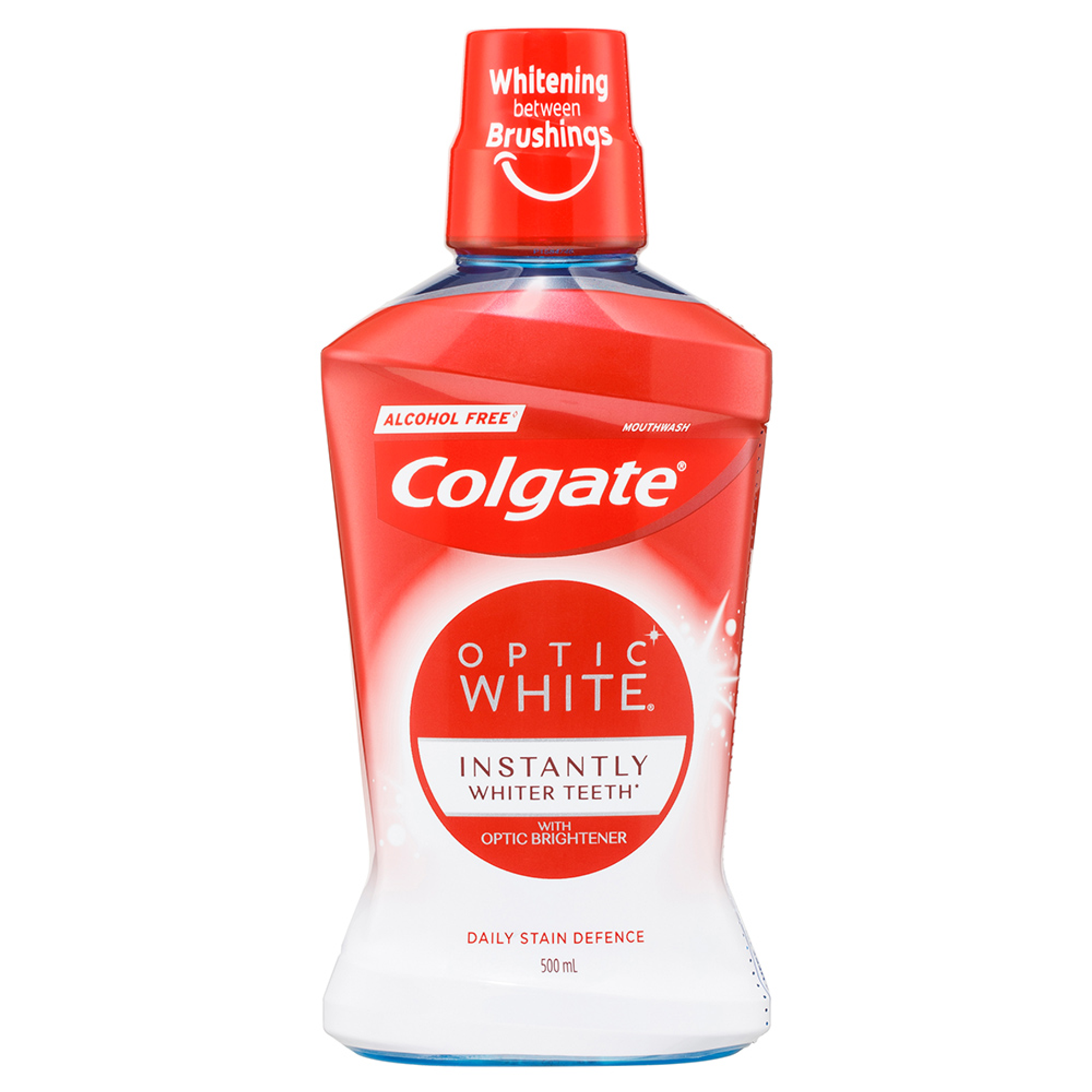The science behind hydrogen peroxide for teeth whitening
Hydrogen peroxide whitens teeth by oxidising the organic pigments incorporated in your teeth without inducing any significant changes in the organic or inorganic contents of the enamel or dentine.
After applying hydrogen peroxide over an enamel surface, its ions diffuse through the enamel and dentine. This process causes oxidation and reduction in organic pigments mainly located within the dentine resulting in discolouration being reduced or eliminated.
How to use hydrogen peroxide for teeth whitening?
There are many ways to use hydrogen peroxide for teeth whitening. The different types of hydrogen peroxide teeth whitening treatments and products are discussed below.
Whitening toothpaste
Over the years our teeth can become stained by a variety of substances, like certain foods and drinks. These built up stains prevent teeth from becoming and staying white.Hydrogen peroxide works by removing extrinsic stains and intrinsic stains, as opposed to toothpastes that use high cleaning silica, which only removes surface stains on the outer layer of the teeth.
Because hydrogen peroxide is so good at whitening your teeth, it is true that higher concentrations can speed up the whitening process. Colgate Optic White Pro Series Toothpaste contains our highest concentration of hydrogen peroxide in a toothpaste yet - at 5%! The enamel safe, daily use formula removes 15 years of stains with brushing twice daily for 2 weeks. Individual results may vary.
Whitening pens
Many teeth whitening pens use hydrogen peroxide as the main active ingredient. Colgate Optic White Pro Series Overnight Teeth Whitening Treatment Pen works to whiten teeth while you sleep, whitening them up to 3 shades in as little as 2 weeks!^ The easy-to-use teeth whitening pen features a precision brush for quick, easy and no mess application. Simply brush and dry teeth, click the whitening pen to release the serum, apply a fine layer of serum onto each tooth, sleep, and brush teeth in the morning for a brighter smile. The pen can be used on its own as an overnight treatment, or in tandem with the Colgate Optic White Pro Series LED Whitening Device. Each pen has 30 nightly uses, enabling touch-up when needed.
^Starts working from day one. Individual results may vary.
LED teeth whitening kits with hydrogen peroxide serum
This is a relatively new teeth whitening treatment that uses hydrogen peroxide. It involves applying a hydrogen peroxide solution on the teeth (like with a whitening pen) and then the LED lights are used to activate the film. Together, the hydrogen peroxide and LED lights deeply whiten teeth below the surface, unlocking that radiantly white smile.
One good option is the Colgate Optic White Pro Series Teeth Whitening LED Kit which is designed for professional level whitening in just 10 minutes a day*. The breakthrough whitening kit uses a patented indigo light delivering clinically proven results with up to 6 shades whiter teeth in just 10 days. Plus it has been designed for no tooth sensitivity and is completely enamel safe.
*10 minutes a day for 10 days. Use as directed. Individual results may vary.
To conclude
Hydrogen peroxide for teeth whitening works by breaking down the molecules that cause tooth stains. For long-term results with hydrogen peroxide based whitening treatments, consistency is key! There are many whitening options, so be sure to speak to your dental professional to advise you on the best whitening treatment for you.
This article is intended to promote understanding of and knowledge about general oral health topics. It is not intended to be a substitute for professional advice, diagnosis or treatment. Always seek the advice of your dentist or other qualified healthcare provider with any questions you may have regarding a medical condition or treatment.














